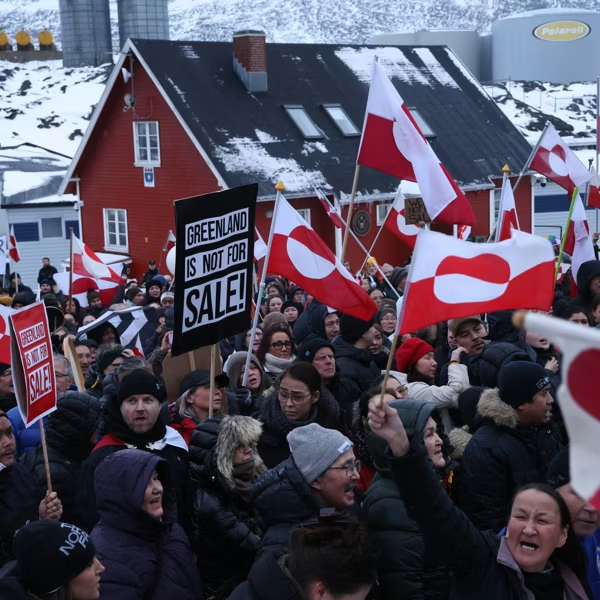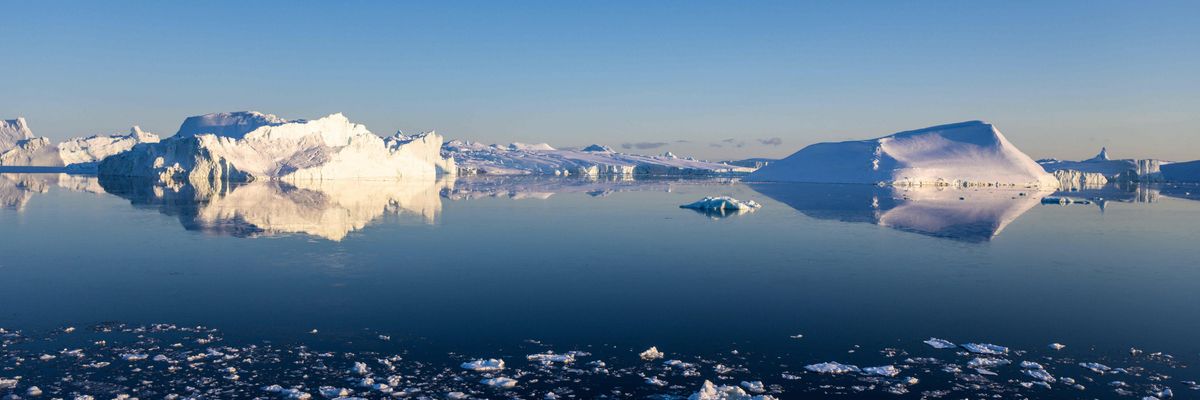The Arctic could be almost completely without sea ice during the summer within the next decade, according to a new study published Tuesday in the journal Nature Reviews Earth & Environment.
The study states that rising temperatures from the human-caused climate crisis are leading to increasing reductions in sea ice during the summer.
"These reductions are projected to continue with ongoing warming, ultimately leading to an ice-free Arctic," the study says. "In the September monthly mean, the earliest ice-free conditions (the first single occurrence of an ice-free Arctic) could occur in 2020–2030s under all emission trajectories and are likely to occur by 2050."
An Arctic that is nearly completely without sea ice for the summer months would be an environment that is quite different—and dangerous—for indigenous animals like polar bears and seals. Though the Arctic is expected to become ice-free eventually, the study states that when this will occur will depend on how quickly humans stop burning fossil fuels.
“This would transform the Arctic into a completely different environment, from a white summer Arctic to a blue Arctic. So even if ice-free conditions are unavoidable, we still need to keep our emissions as low as possible to avoid prolonged ice-free conditions," Alexandra Jahn, an associate professor of atmospheric and oceanic sciences at the University of Colorado Boulder and a lead author of the research, told The Guardian.
Jahn said that if humans are able to remove carbon dioxide from the atmosphere in the future, the sea ice would eventually return. Many scientists are studying different ways to accomplish carbon removal—an approach that many climate advocates have criticized as a false solution—but experts say reducing greenhouse gas emissions as quickly as possible is the main priority.
A study from last year found that ice-free summers in the Arctic had become an "unavoidable" future due to climate change. Ice is also disappearing in Antarctica, which is warming more quickly than scientists had anticipated.




